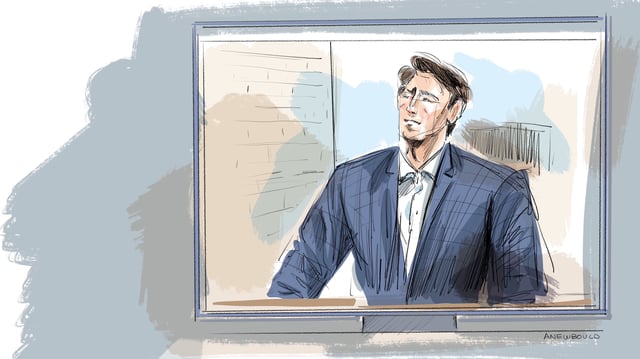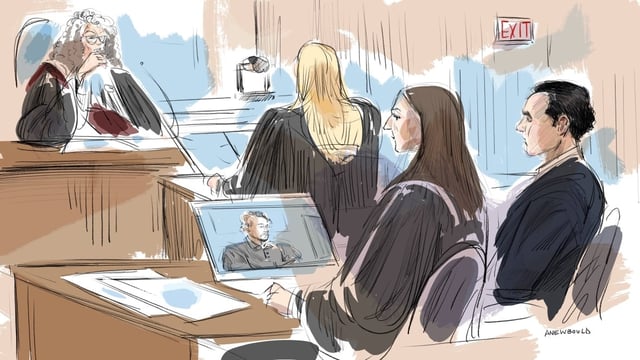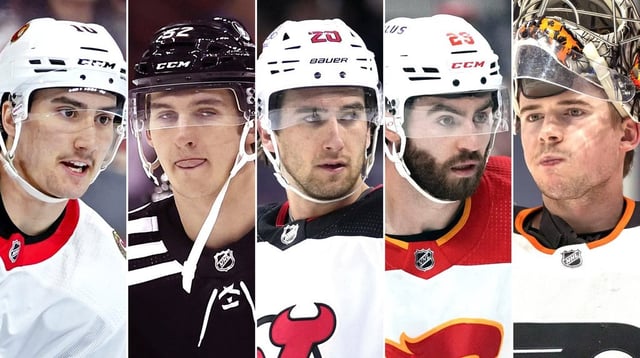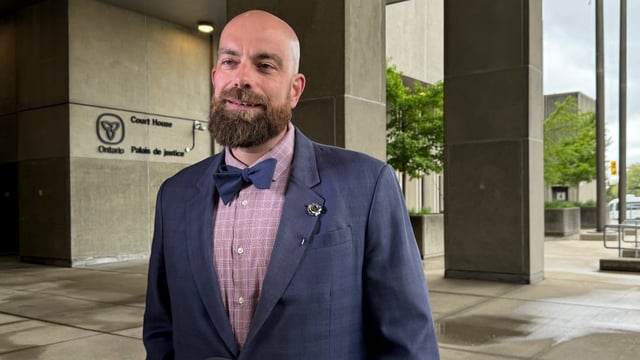Overview
- Justice Maria Carroccia ruled Brett Howden’s June 26, 2018 text describing a teammate’s alleged slap on the complainant’s buttocks fails the principled hearsay exception.
- Defence lawyers completed cross-examination of Howden by videolink on May 27 as the trial under a judge-alone format prepares to hear retired London police sergeant Steve Newton.
- The five accused—Michael McLeod, Alex Formenton, Carter Hart, Dillon Dube and Callan Foote—have pleaded not guilty to non-consensual sexual acts alleged to have followed consensual sex in a London, Ont., hotel room on June 19, 2018.
- Howden, now with the Vegas Golden Knights, has testified that he cannot recall many details of that night and has faced scrutiny over security video showing him dancing with the complainant and earlier statements to investigators.
- The exclusion of the text marked the Crown’s final evidence challenge after earlier applications under past recollection and hearsay rules were rejected, setting back its strategy.



